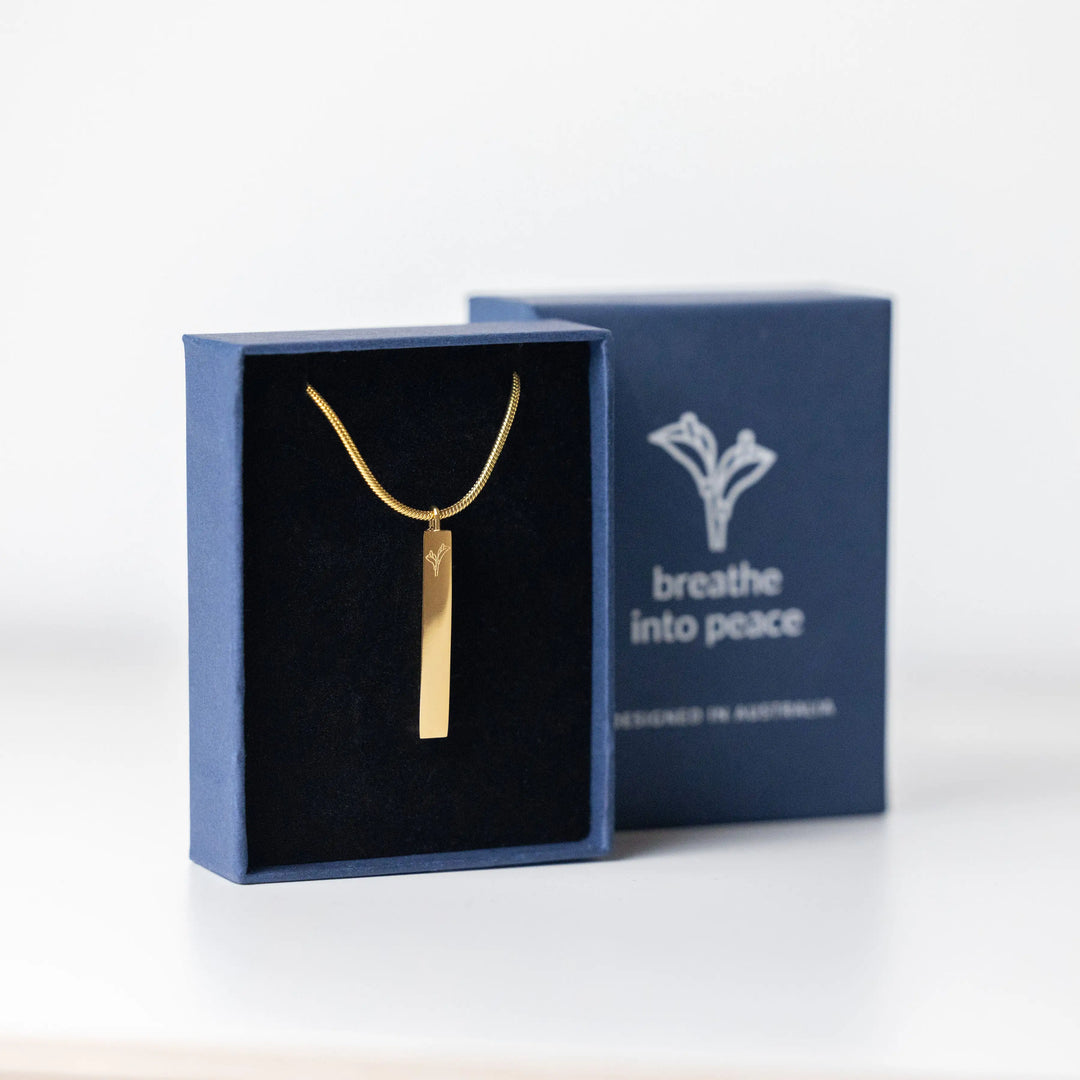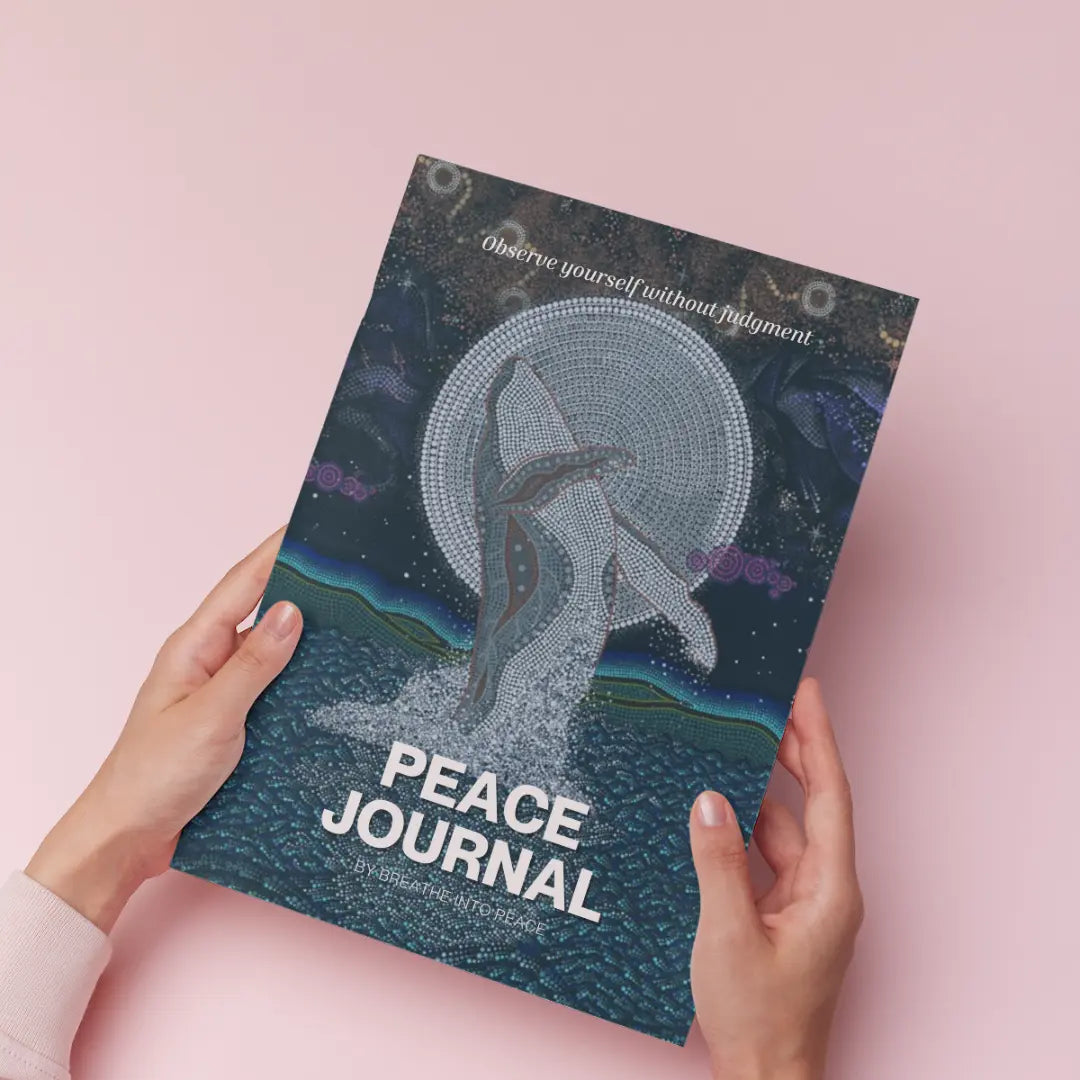Embracing Solitude: Finding Peace in Alone Time
Overcoming the Stigma of Being Alone | Practices for Embracing Solitude | Benefits of Embracing Moments of Solitude | Final Word
Life can be so busy and packed with social activities that solitude can feel like a distant luxury. Unfortunately, only some people are comfortable with solitude, while others view it as a void that needs to be filled with noise and distractions. What few people realise is that the art of being truly alone holds a transformative power that can lead us to peace and inner clarity. Once you overcome the stigma of aloneness, the restorative peace can be quite addicting. Today, we’ll talk about how to embrace your own company in solitude.
Overcoming the Stigma of Being Alone
The fear of being judged for spending time alone can be a significant barrier to embracing solitude. Society, with its relentless emphasis on social connectivity, often overlooks the richness of a solitary experience.
It’s important to challenge these misconceptions and recognise that solitude is not a sign of social deficiency but a testament to your comfort in your own company. It enhances our relationships with others by giving us the space to understand ourselves better, fostering healthier interactions built on a foundation of self-awareness and mutual respect.
Practices for Embracing Solitude
So how exactly do you practice solitude in your life? Here, we explore practices that not only encourage the embrace of solitude but also transform it into a nurturing and enlightening experience. These practices, when integrated into our daily lives, can lead us to a profound inner peace and a more harmonious relationship with ourselves.
Scheduled Solitude
Just as we schedule meetings and social gatherings, dedicating specific times for solitude can ensure that we honor this essential practice. By setting aside regular periods for solitude, we create a structured space for self-reflection and personal growth.
Mindful Activities
Engaging in activities that promote mindfulness can significantly enhance the quality of our alone time. Activities such as meditation, yoga, or even simply breathing exercises can help anchor us in the present moment, fostering a deeper connection with our inner selves. Even doing household chores can offer you mindful solitude and a therapeutic sense of accomplishment afterward. Incorporate these mindful activities into your solitude sessions. Use tools like a breathing necklace as a tactile guide for deep breathing exercises to help you center your focus and deepen your sense of calm.
Journaling
Writing in a journal during moments of solitude offers a channel for expressing thoughts and emotions that might otherwise remain unexplored. The act of putting pen to paper can be incredibly cathartic, providing clarity and insight into our innermost feelings. Keep an anxiety journal close at hand during your solitude sessions. Use journal prompts to guide your reflections or simply write freely, letting your thoughts and emotions flow onto the page.
Nature Immersion
Spending time in nature, away from the hustle and bustle of daily life can magnify the benefits of solitude. The natural world offers a unique sense of peace and grounding, reminding us of the beauty and simplicity of being. You can schedule regular outings to natural settings like the local park, forest, or beach. Allow the sights, sounds, and smells of nature to envelop you to enhance your solitary experience.
Digital Detox
According to recent data, the average person spends around 3 hours and 15 minutes on their phone each day. In this hyper-connected world, true solitude often requires a conscious disconnection from digital services. Even for a short period, a digital detox can prevent distractions and deepen our engagement with the present moment. Designate tech-free zones or times during your scheduled solitude. This might mean turning off your phone, staying away from social media or even disconnecting from the internet entirely.
Creative Expression
Solitude proves the perfect backdrop for creative pursuits, free from external judgments or distractions. Creative activities such as painting, writing, or playing music can be deeply meditative and fulfilling. Use your alone time to explore new or existing creative hobbies. Allow yourself the freedom to create without expectations, focusing on the process rather than the outcome.
Benefits of Embracing Moments of Solitude
These moments of solitude can have profound benefits for our mental, emotional, and spritual well-being. Here are just some of the noted positives of what developing these habits can do for you.
Enhanced Self-Discovery
Solitude offers a unique opportunity to turn inward and explore our own identity, desires, and dreams without the influence of external pressures. It’s a good time for self-reflection and perhaps the use of tools like an anxiety journal to help us chart our path of self-discovery and natural anxiety relief.
Increased Creativity
Solitude clears the mental clutter, providing the space for creative thoughts and ideas to surface. It’s in the quiet moments that our minds can wander freely and lead to innovative solutions or artistic inspirations.
Improved Mental Health
Regular periods of solitude can significantly reduce stress, anxiety, and depression by offering a break from the stimuli and demands of everyday life. It allows for emotional decompression and the restoration of mental balance.
Deepened Relationships
By spending time alone, we develop a stronger sense of self which in turn enhances our relationships with others. Solitude allows us to bring a more authentic, self-aware presence to our interactions. Reflecting on relationships also makes it possible to gain insights on how to approach interactions with empathy and understanding.
Strenghtened Decision Making
Solitude provides a break from the noise and opinions of the external world, allowing us to listen to our inner voice. This clarity can lead to more confident and authentic decision-making. When faced with important decisions, seek solitude to weigh your options and use your inner voice as a compass.
Rest and Rejuvenation
Even the most extroverted persons need to be alone from time to time for rest and rejuvenate. Solitude allows our minds and bodies to rest in a restorative pause. Practice self-care activities in solitude such as reading, taking a long bath, or simply resting.
Final Word
By integrating solitude into our routine, we start to view these moments as transformative instead of a mere absence of company. You will find a rich and fulfilling presence within yourself which can serve as a sanctuary to retreat and recharge. No need to go far- even simple activities like keeping an anxiety journal can be useful tool to embrace solitude.





Leave a comment